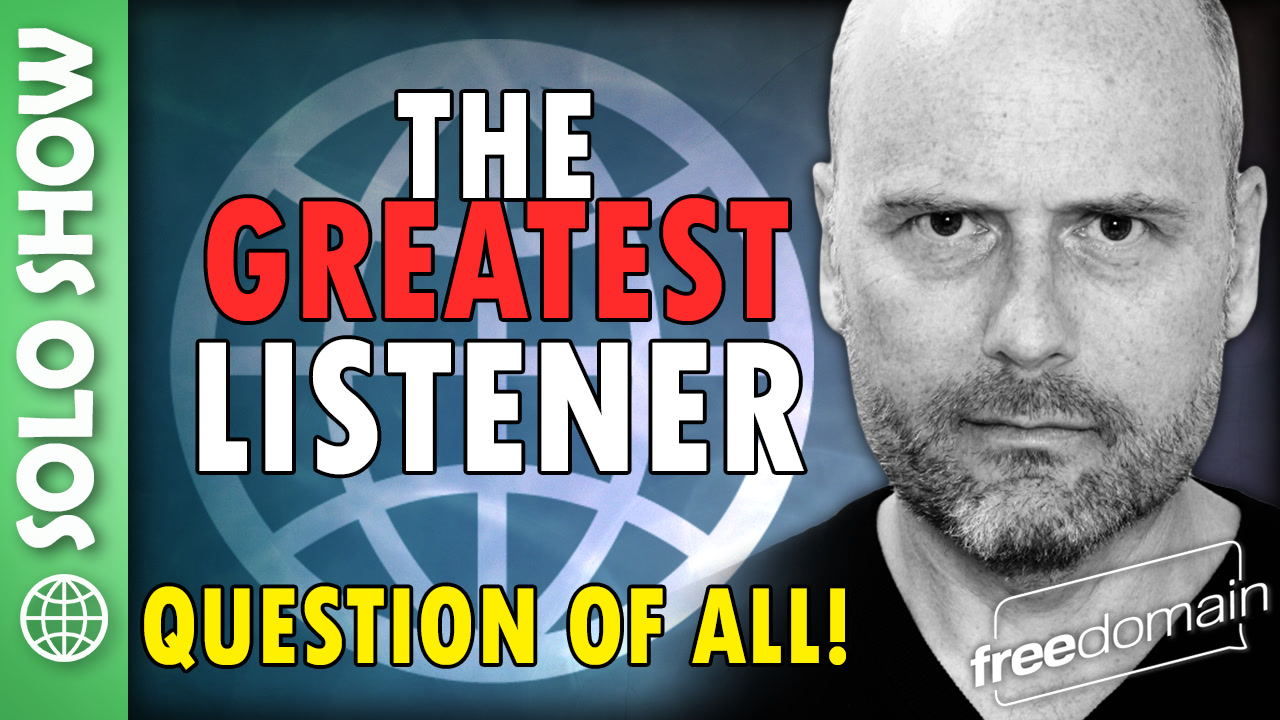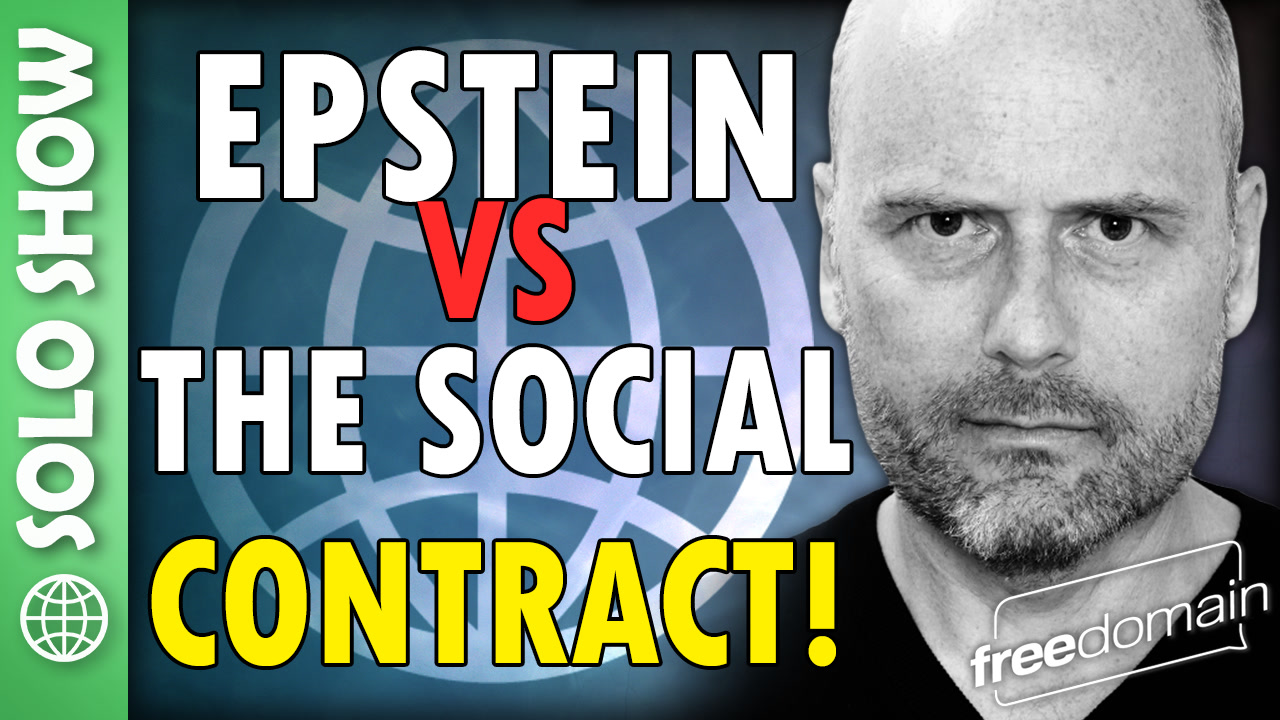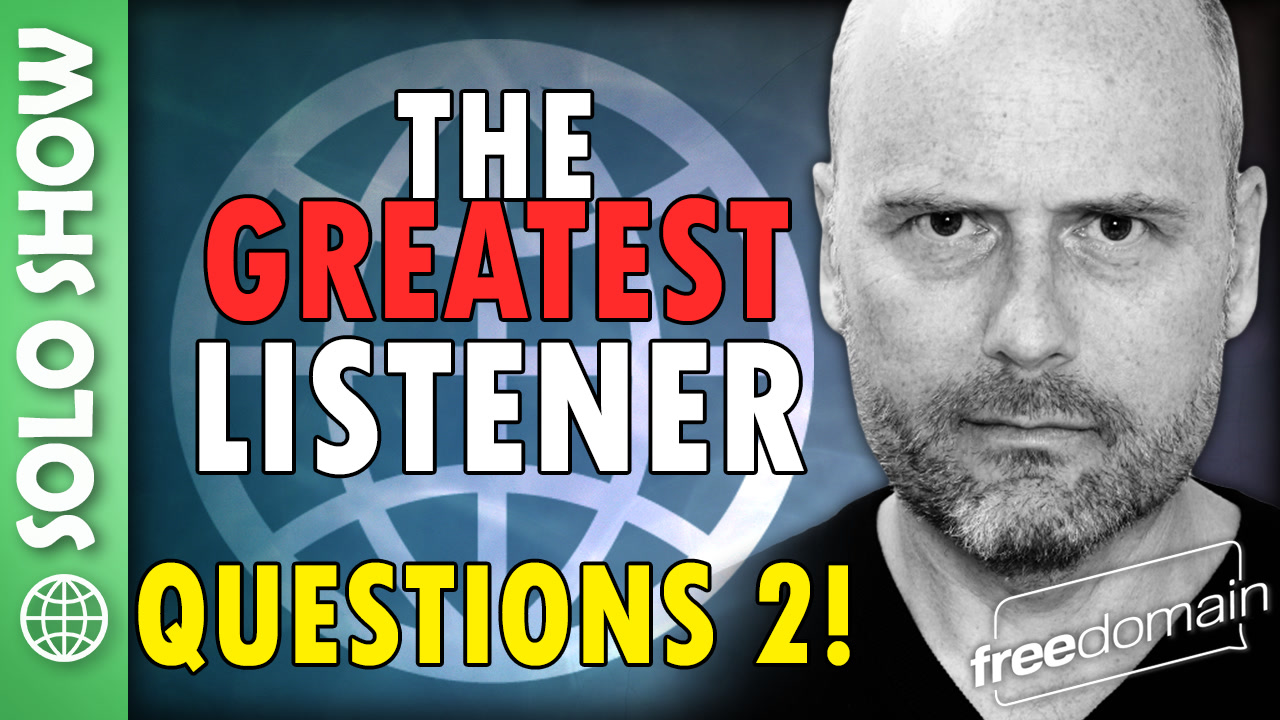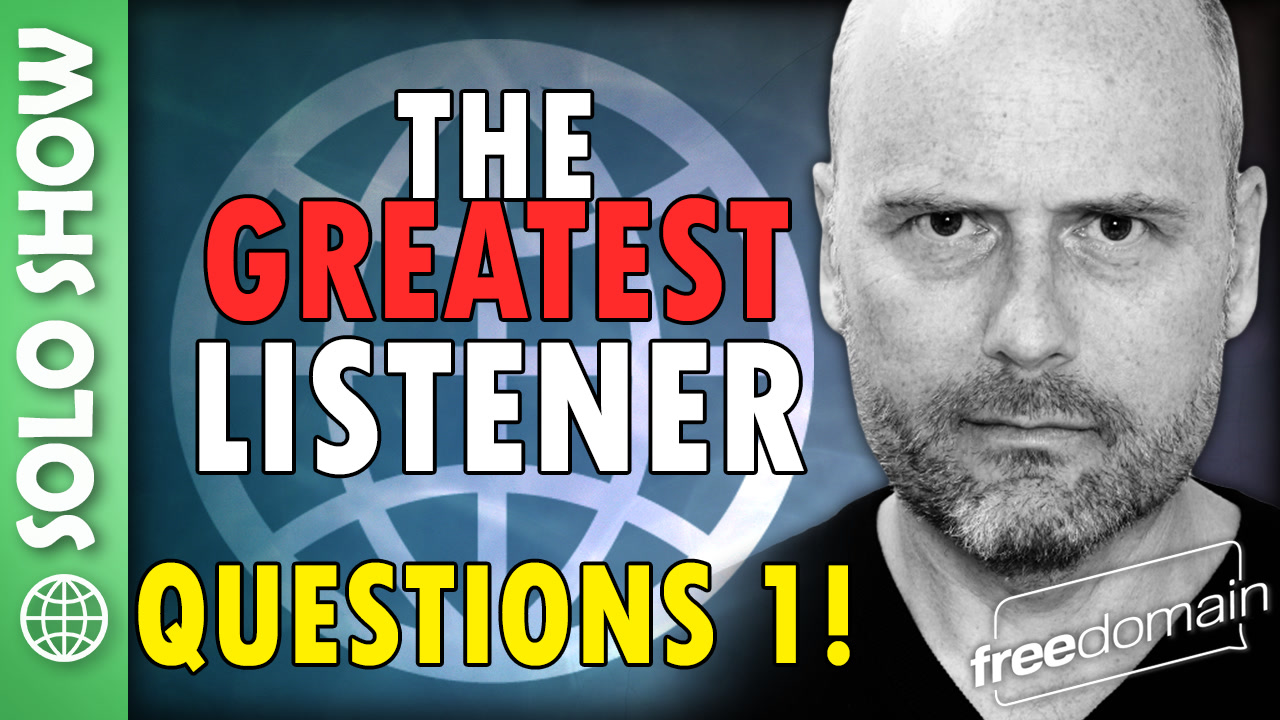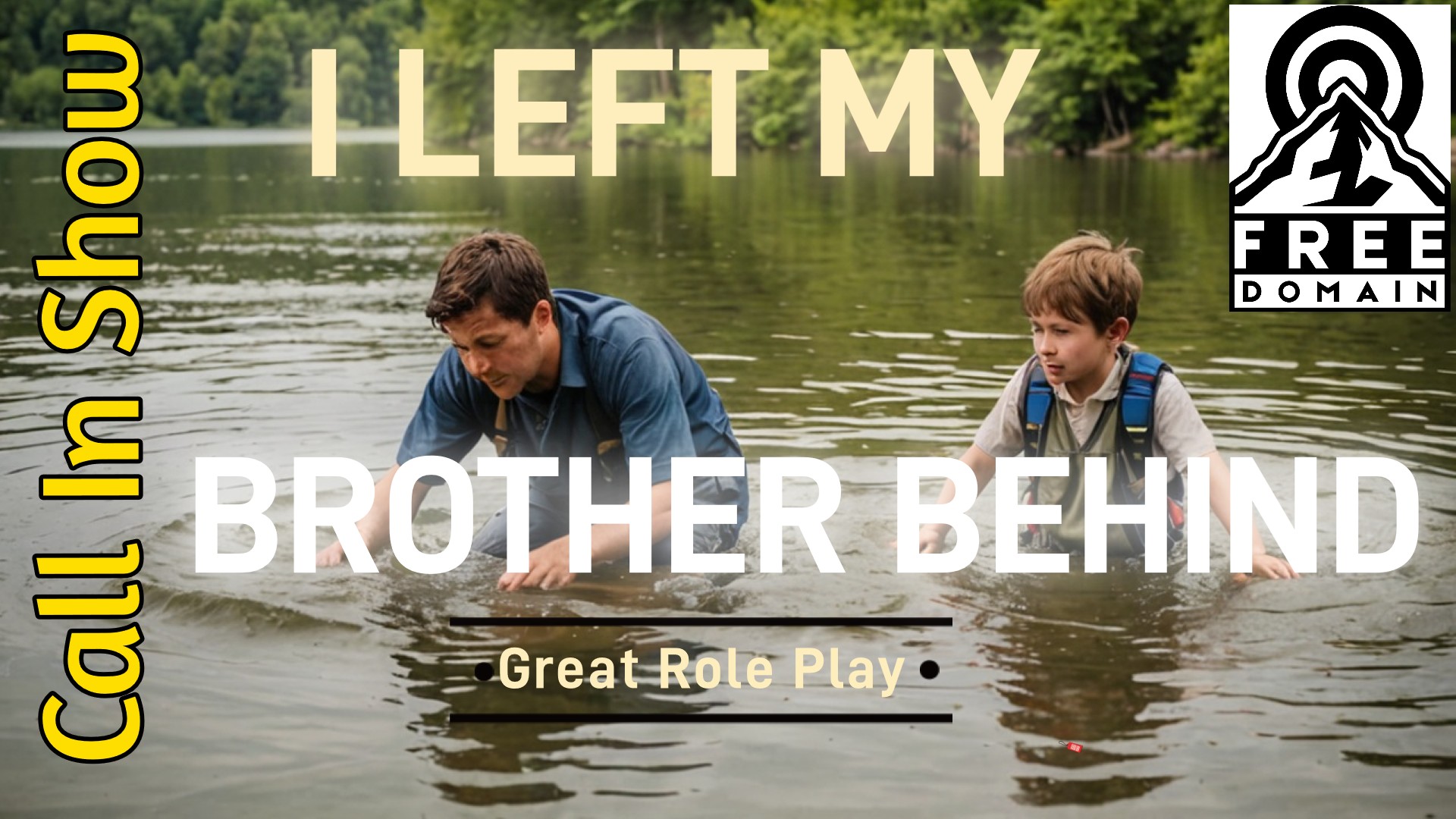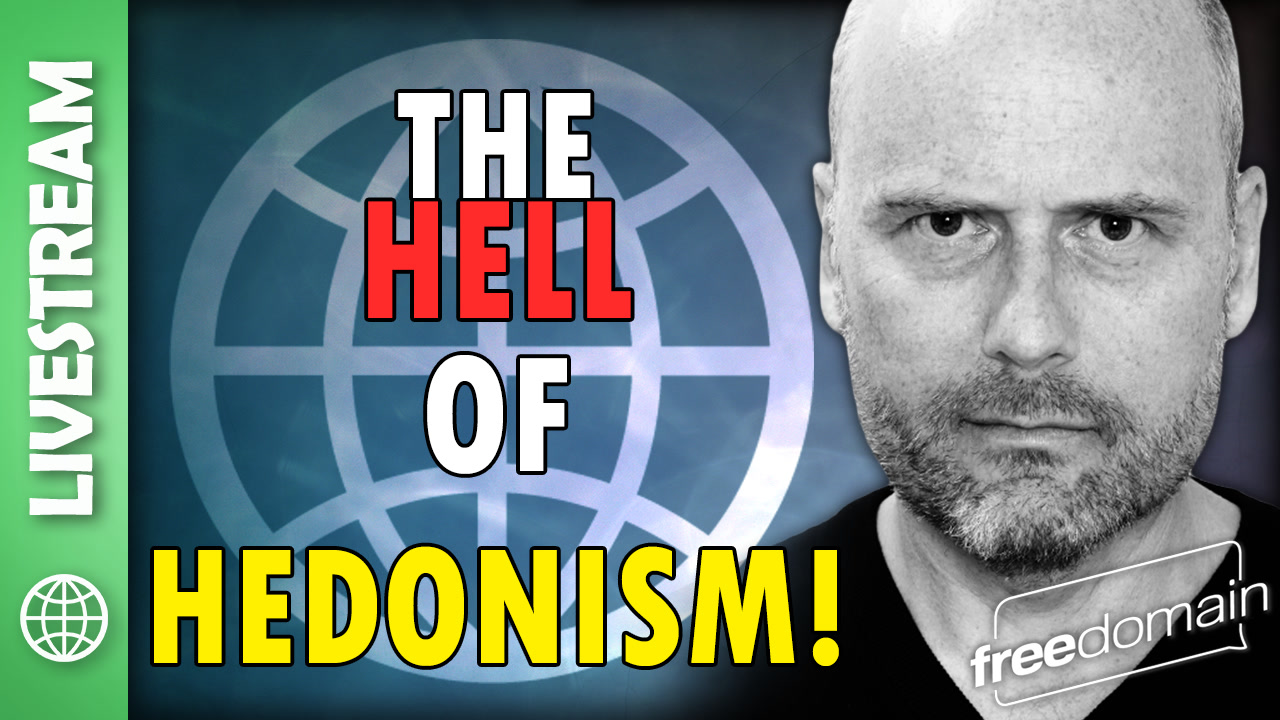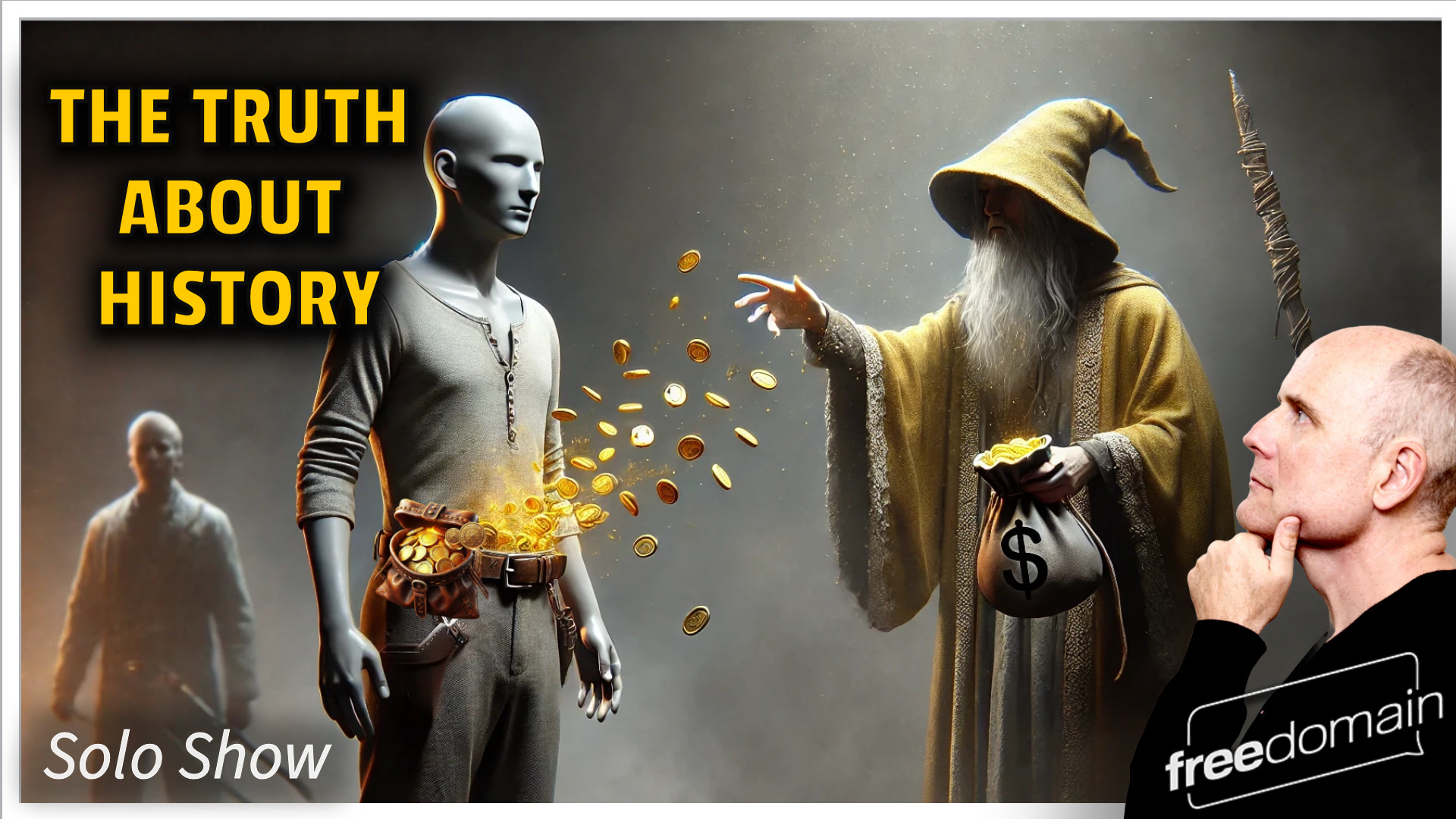
5c97ec
0

The Truth About History
July 31, 2024
Hi Stef, what role should history play in determining philosophical truths or falsehoods? I ask this question knowing your background in history and how you have integrated it into your communication of philosophy, however, the point of conflict for me is this.
When history is used as evidence for a problem existing, the debate is then about causality rather than principles.
Since causality can't be proven with certainty, neither is it encouraged because we have free will, the utility of a philosophical claim rests on whether or not the person is persuaded by the causality you have presented. From a logical and syllogistic point of view, the argument might be valid, but it might not be true without the empirical evidence to back it up since put simply, truth is a status that a claim has relative to its correspondence with the world.
For example, if you were to say child abuse is wrong, and use reason alone to make that argument, someone might not be convinced that how we treat children is even a problem. As such, you’ll then need to use history to support your reasoning. You would examine the French revolution, the childhoods of people in call-ins, look at other literature and research that uses a greater data set of human history to investigate if how we treat children is a problem.
At this point, someone might then be convinced since you have presented them with history, but maybe instead they’ll debate you on the causality of historical events. You won’t be able to convince them through principles, nor history. You could even try delve into their childhood only for them to say that they turned out alright.
At this point, we determine that the person can’t be reasoned with regarding this topic and move on, however, the problem remains regarding the role that history plays in making a philosophical claim that is valid, useful. If people can’t accept a truth statement, it isn’t useful even if it is true. History seems to be indispensable in persuading other people to accept truth statements, however, the battle is then about causality and how it is perceived or interpreted rather than principles.
If the first battle as a philosopher is about making valid truth statements, is the next battle about using history to persuade others of their validity, thereby rendering them ‘useful’? Is the final battle for the human mind about causality now that UPB is in the picture?
Join the PREMIUM philosophy community on the web for free!
NOW AVAILABLE FOR SUBSCRIBERS: MY NEW BOOK 'PEACEFUL PARENTING' - AND THE INTERACTIVE PEACEFUL PARENTING AI AND AUDIOBOOK!
Also get the Truth About the French Revolution, the interactive multi-lingual philosophy AI trained on thousands of hours of my material, private livestreams, premium call in shows, the 22 Part History of Philosophers series and much more!
See you soon!


